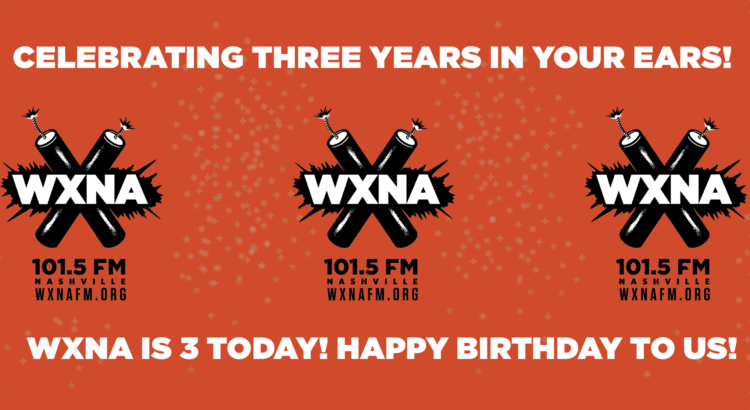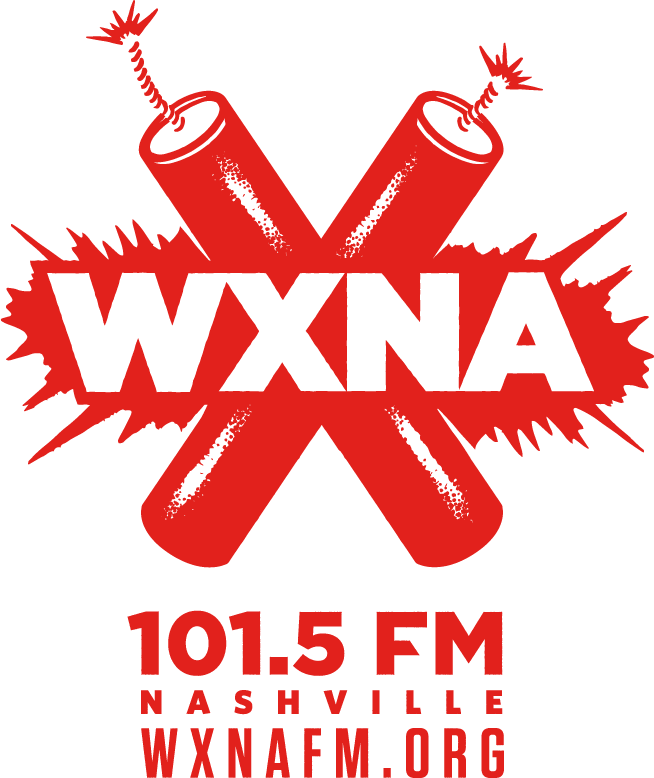My indoctrination into music nerd-dom came rather late in life. I spent my high school years as a science fiction/comic book/movie/comedy nerd. My primary access to new music was what I heard on mainstream Top 40 radio, most of which left me cold in the late 1970s. My only source for records was the Russellville, Kentucky, Big K (a local discount store chain that was devoured whole by Walmart in 1981) where I scoured the racks for movie soundtracks, comedy LPs, and Beatles records, the one musical group I was truly passionate about during my high school days.
Growing up in the boondocks of Western Kentucky meant I had no access to a local record store to discover artists I’d never heard before, and I lacked a music “mentor” to say, “You’ve never heard fill-in-the-blank? Here, listen to this!” Occasionally I might see an interesting act on TV like Blondie or Devo, but the musical infrastructure to nurture a budding fascination simply did not exist in my world.
My first year of college at Western Kentucky University in Bowling Green, Kentucky, changed my life more completely than I could ever imagine. Not only did I feel like I was free from the rural “prison” of my high school teenage years, but I suddenly found the perfect means to express my teenage angst and frustration – punk rock. My first few weeks of college led me to records by the Ramones, the Sex Pistols, the Clash, Elvis Costello (back when he was one REALLY pissed-off skinny geek), and more. But along with the punk rock, I was also discovering 1960s rock beyond the Beatles: glam, ’70s hard rock, classic early rock’n’roll, and more. Albums like London Calling, Jerry Lee Lewis Original Golden Hits, The Kinks Are the Village Green Preservation Society, and The Rise and Fall of Ziggy Stardust and the Spiders from Mars all arrived in my growing collection within weeks of each other.
The result was that I quickly developed very egalitarian tastes in music. For me, Otis Redding’s Dock of the Bay was just as much “new music” as X’s Under the Big Black Sun. At the same time, I became aware of just how boring and timid mainstream commercial radio was. Records like R.E.M’s Chronic Town knocked my socks off, but you sure didn’t hear it on the big radio stations.
“Someone should start a radio station that just plays great music, no matter when it came out or what style it is!” became one of my frequent rants. “It might not be the highest rated station in town,” I bellowed at passing clouds, “but there are enough people who would dig it if someone just had the balls to just do it!”
It would take me three decades to finally put my time and money where my rant was. Of course in the meantime, I’d discovered college radio, but even it often fell victim to the “format” infection, and its entanglement with university politics and dependency on a young, inexperienced and constantly rotating management team meant that even the best station could be decimated with one graduation ceremony or an arbitrary decision by an institutional bureaucrat.
Around the same time I secured a community-volunteer spot on Vanderbilt University’s WRVU in 1997, I also discovered WFMU and other like-minded freeform stations that were just beginning to extend their programming to the internet. A similar station was what Nashville truly needed — an independent, community-focused radio station, founded on a belief that good programming, no matter how eclectic, would find its audience.
The death of WRVU as a terrestrial broadcast station in the summer of 2011 was a tragedy for Nashville’s cultural scene, but it also presented an opportunity. That’s why I jumped at the chance when Heather Lose called me in the March 2012 to ask if I had any interest in starting an independent, listener-supported community radio station in Nashville. At our first meeting, I said we had to be totally freeform, every DJ programming their own show, and I was pleased and surprised to find that everyone else felt the same way.
Seven years after that first meeting, and three years since WXNA officially began broadcasting that vision of freeform, people-powered radio is not only still going strong but is growing. WXNA is a testament to both our volunteers and our listeners. It demonstrates that real human beings sharing their passion for music, the arts, and the human condition can inspire hope, bring real change to the world, and share our humanity in the moment, right here and now, along with proving that punk fury-powered rants sometimes turn out to be right.
Randy Fox
Randy’s Record Shop
Mondays, 7-9 a.m.


